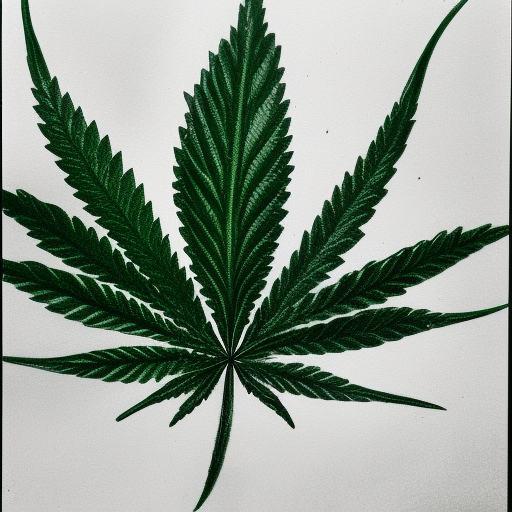
Cannabidiol (CBD) has been touted as a safe and therapeutic component of the cannabis plant, but recent research suggests that users of CBD products may be unknowingly putting themselves at risk of developing harmful side effects. A study published in the journal Molecules by researchers at the University of Arkansas and the University of Mississippi examines links between CBD doses and the potential for developing “hepatotoxicity” – drug-induced liver damage.
The researchers designed two experiments to investigate CBD hepatotoxicity in mice. In the first experiment, which looked at acute toxicity from a singular dose, mice were given a dose of either 0, 246, 738, or 2460 mg/kg of CBD. The second experiment examined lower CBD doses over a longer timeframe, which meant daily doses of either 0, 61.5, 184.5, or 615 mg/kg of CBD over a period of 10 days.
These doses were chosen as they were the “allometrically scaled mouse equivalent doses (MED) of the maximum recommended human maintenance dose of CBD in Epidiolex,” which is a CBD drug used to treat rare forms of epilepsy approved by the US Food and Drug Administration. In the single dose experiment, mice on the highest dosage became sluggish, lost their appetite, showed significant increases in liver-to-body weight ratios and marginally lost body weight.
The mice also had higher levels of liver enzymes ALT and AST, which are markers for liver damage, as well as a higher total bilirubin count than normal implying an inability of the liver to excrete the pigment normally. Mice at slightly lower dosages also exhibited lethargy, changes in body weight, increasing liver-to-body weight ratio and smaller but still significant increases in the liver enzymes ALT and AST.
In the multi-dose experiment, mice at the highest dose once again exhibited lethargy, loss of appetite and changes in body weight, accompanied by rising ALT, AST and bilirubin levels. By the end of the third day, four of the six mice being studied at the highest dose were showing signs of severe liver damage and were terminated. The remaining two mice completed the 10-day course on this high dose and exhibited no visible signs of toxicity. None of the mice taking lower doses showed any visible signs of toxicity.
The researchers also conducted a gene expression analysis using an array of over 80 genes that have been previously recognized as markers of liver toxicity. They found that CBD had the power to regulate more than 50 genes, with the majority of those affected being so in a dose-dependent manner.
As the study says, the doses chosen were calculated to reflect the mouse equivalent of the maximum recommended human dose. However, here, the dose equivalent to the maximum human dosage was actually the lowest of CBD dosages in each experiment, at 246 mg/kg and 61.5 mg/kg respectively. As no signs of visible liver toxicity were seen in either experiment for the lowest dose, this would imply that Epidiolex and other CBD preparations of a similar recommended dose are still safe to use.
Dr Igor Koturbash, one of the study authors, does not believe that users should worry about immediate danger if they are currently taking CBD medication or using CBD products. Instead, he feels that this research should encourage further investigation into the safety profile of CBD at various doses and ensure that people bringing CBD products to market check that their advertised dosages are safe for long-term use.

